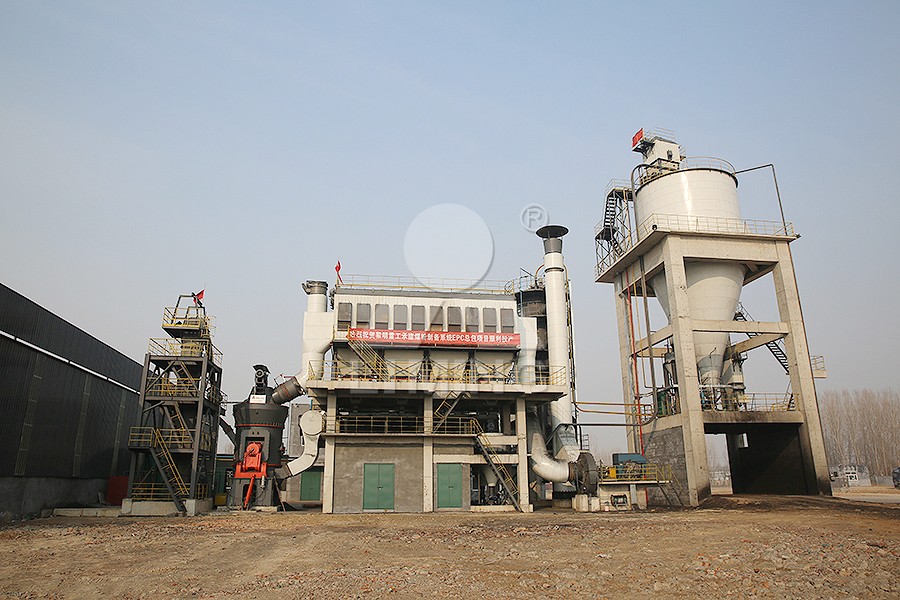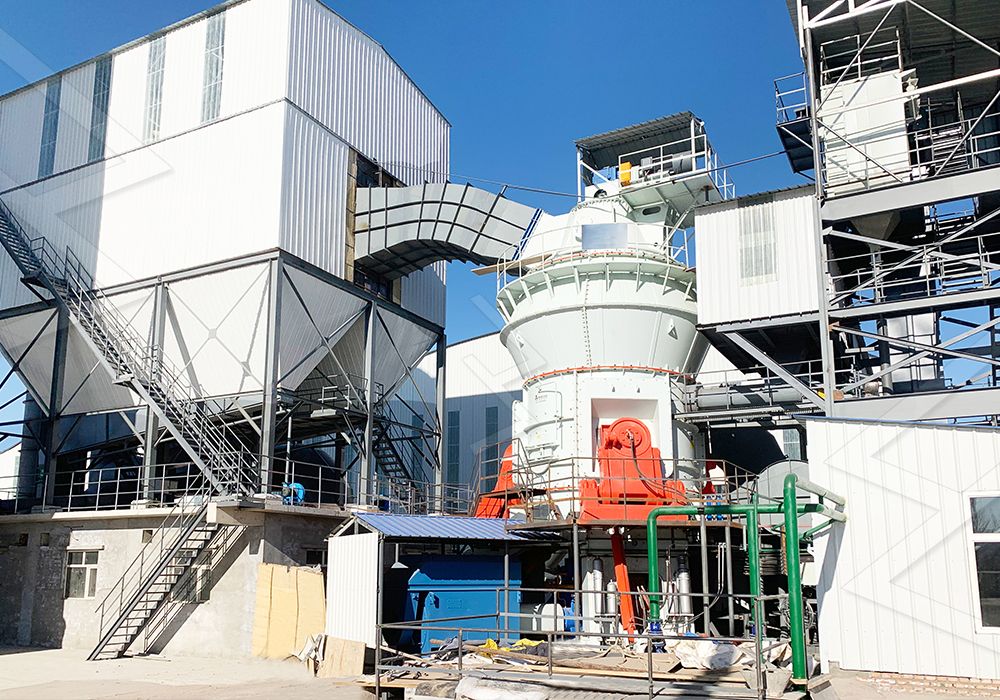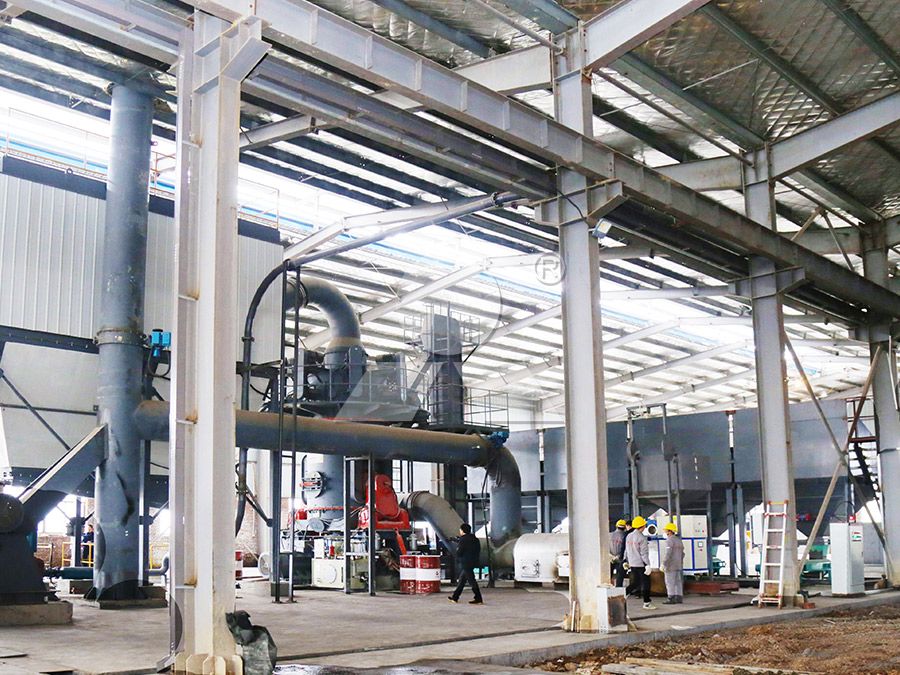Water Slag Processing with HGM Medium Speed Grinding Mill
We provide a wide range of mills — including Raymond mill, trapezoidal mill, vertical mill, ultrafine mill, and ball mill, obtained ISO9001 international quality certification, EU CE certification, and Customs Union CU-TR certification. Suitable for processing minerals such as limestone, phosphate, quicklime, kaolin, talc, barite, bentonite, calcium carbonate, dolomite, coal, gypsum, clay, carbon black, slag, cement raw materials, cement clinker, and more.
The discharge range of these mills can be adjusted to meet specific processing needs, typically from 80-400 mesh, 600-3250 mesh, and can achieve the finest particle size of up to 6000 mesh(D50).
If you are looking for a reliable grinding solution to turn stone or minerals into fine powder, please feel free to contact our online customer service.
Water Slag Processing with HGM Medium Speed Grinding Mill
Water slag, a by-product from blast furnaces in the iron-making industry, presents both an environmental challenge and a valuable resource opportunity. Proper processing transforms this industrial waste into high-value materials for cement production, concrete additives, and construction applications. The key to unlocking this potential lies in efficient grinding technology that can handle the specific characteristics of slag material.

The Challenges of Water Slag Grinding
Water slag possesses unique properties that demand specialized grinding solutions. With moderate hardness (Mohs 5-6) and some moisture content, conventional grinding mills often struggle to achieve the desired fineness while maintaining economic viability. The material’s slight abrasiveness can accelerate wear on grinding components, while the requirement for precise particle size distribution for downstream applications necessitates advanced classification technology.
Traditional ball mills, while capable of processing slag, suffer from high energy consumption, significant wear rates, and limited control over final product fineness. These limitations have driven the development of more sophisticated grinding solutions specifically engineered for industrial by-products like water slag.
Advanced Grinding Solutions
Modern grinding technology has evolved to address the specific demands of water slag processing. Medium-speed grinding mills offer distinct advantages for this application, combining efficient grinding mechanics with advanced separation technology. These systems typically integrate drying, grinding, and classification into a single, compact unit, reducing both footprint and energy requirements.
For operations requiring ultra-fine powder production from water slag, our MW Ultrafine Grinding Mill presents an optimal solution. This advanced mill system processes materials with input sizes up to 20mm and offers capacities ranging from 0.5 to 25 tons per hour. The MW series is specifically engineered for customers requiring ultra-fine powder, featuring an efficient pulse dust collector and muffler system that minimizes environmental impact during operation.

Technical Advantages for Slag Applications
The MW Ultrafine Grinding Mill incorporates several proprietary technologies that make it particularly suitable for water slag processing. The newly designed grinding curves of the grinding roller and ring significantly enhance grinding efficiency. Comparative performance data demonstrates production capacity increases of up to 40% over jet grinding mills and stirred grinding mills, with yield doubling that of traditional ball grinding mills, while system energy consumption is reduced to just 30% of jet grinding mill requirements.
Perhaps most critically for slag applications, the adjustable fineness range between 325-2500 meshes allows operators to precisely target the particle size distribution required for their specific end-use applications. The German-technology cage-type powder selector ensures precise separation, with the capability to achieve d97≤5μm in a single pass. This level of control is essential for producing consistent, high-value slag products.
Operational Reliability and Environmental Compliance
Water slag processing operations cannot afford unexpected downtime. The MW Ultrafine Grinding Mill addresses this concern through its innovative design that eliminates rolling bearings and screws within the grinding chamber. This eliminates common failure points and concerns about bearing damage or loose screws causing operational interruptions. The external lubrication system enables maintenance without shutdown, supporting continuous 24-hour production.
Environmental considerations are paramount in modern industrial operations. The integrated pulse dust collector ensures no dust pollution during the entire milling process, while silencers and noise elimination rooms reduce operational noise to compliant levels. The complete system is designed to meet national environmental protection standards, making it suitable for operations in regulated environments.

Economic and Environmental Benefits
Implementing advanced grinding technology for water slag processing delivers significant economic and environmental returns. The transformation of industrial waste into valuable products creates new revenue streams while reducing disposal costs and environmental liabilities. The energy efficiency of modern grinding systems further enhances the economic proposition, with the MW series demonstrating particularly strong performance in reducing per-ton energy consumption.
Beyond the direct economic benefits, proper slag processing contributes to circular economy principles by keeping industrial by-products in productive use. The resulting slag powder can replace virgin materials in numerous applications, reducing the environmental footprint of construction and manufacturing activities.
Frequently Asked Questions
What is the typical moisture content that the MW Ultrafine Grinding Mill can handle for water slag?
The MW series can effectively process materials with moisture content up to 10-15% when equipped with integrated drying systems. For higher moisture content, pre-drying may be recommended for optimal operation.
How does the energy consumption compare to traditional ball mills?
The MW Ultrafine Grinding Mill reduces energy consumption by approximately 30-40% compared to traditional ball mills of equivalent capacity, while achieving superior product quality and higher production rates.
What maintenance intervals are typical for the grinding components?
The wear-resistant alloy grinding rollers and rings typically operate for 4,000-8,000 hours before requiring replacement, depending on slag characteristics and operating conditions. The no-bearing design in the grinding chamber significantly reduces maintenance requirements.
Can the system produce multiple grades of slag powder simultaneously?
While the system is optimized for single-grade production, the quick-adjustment capabilities of the powder separator allow for rapid product changes to accommodate different customer specifications with minimal transition time.
What safety features are incorporated?
The system includes multiple safety provisions including pressure monitoring, temperature sensors, vibration detection, and automatic shutdown protocols in case of operational anomalies, ensuring safe and reliable operation.
